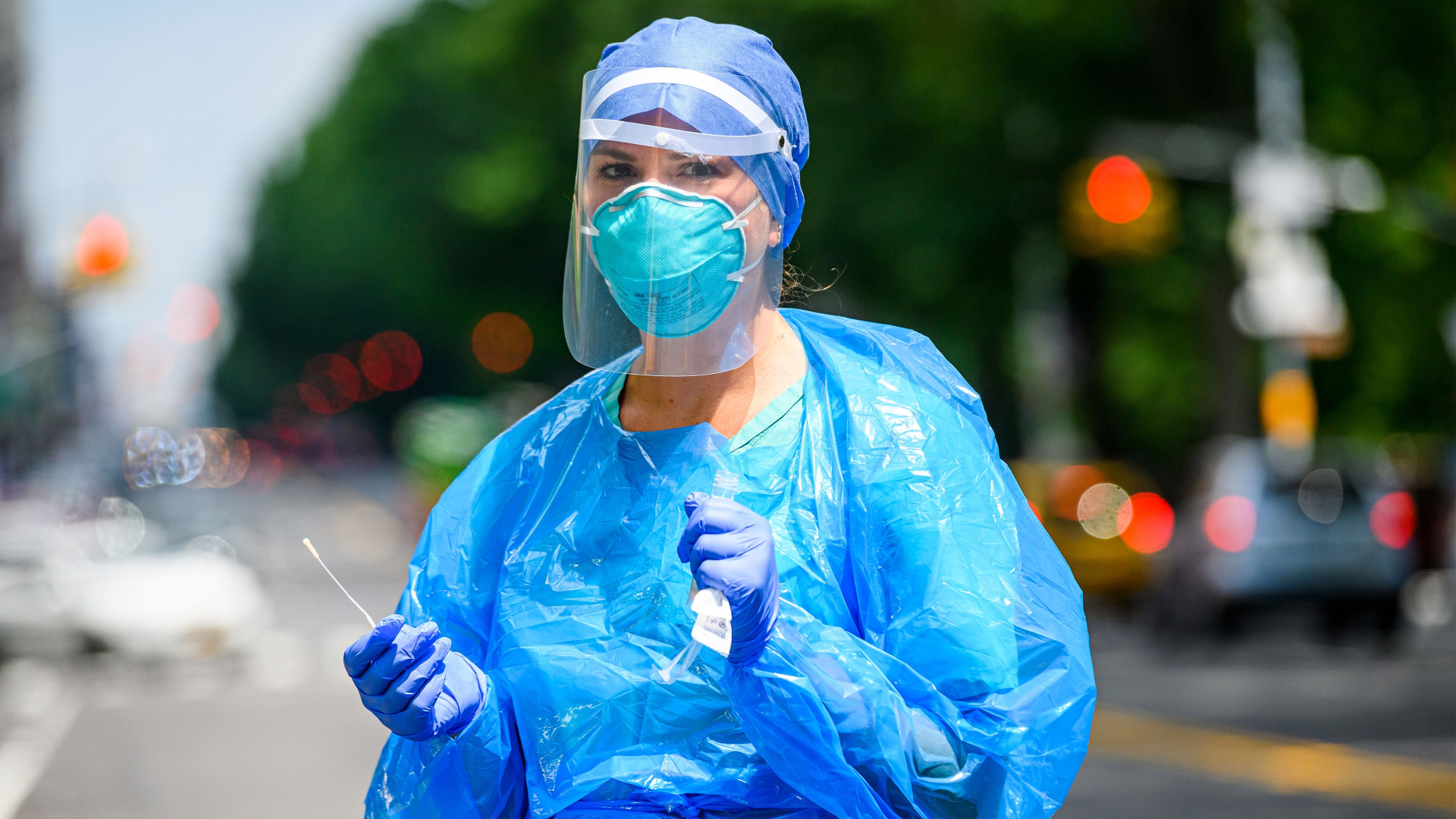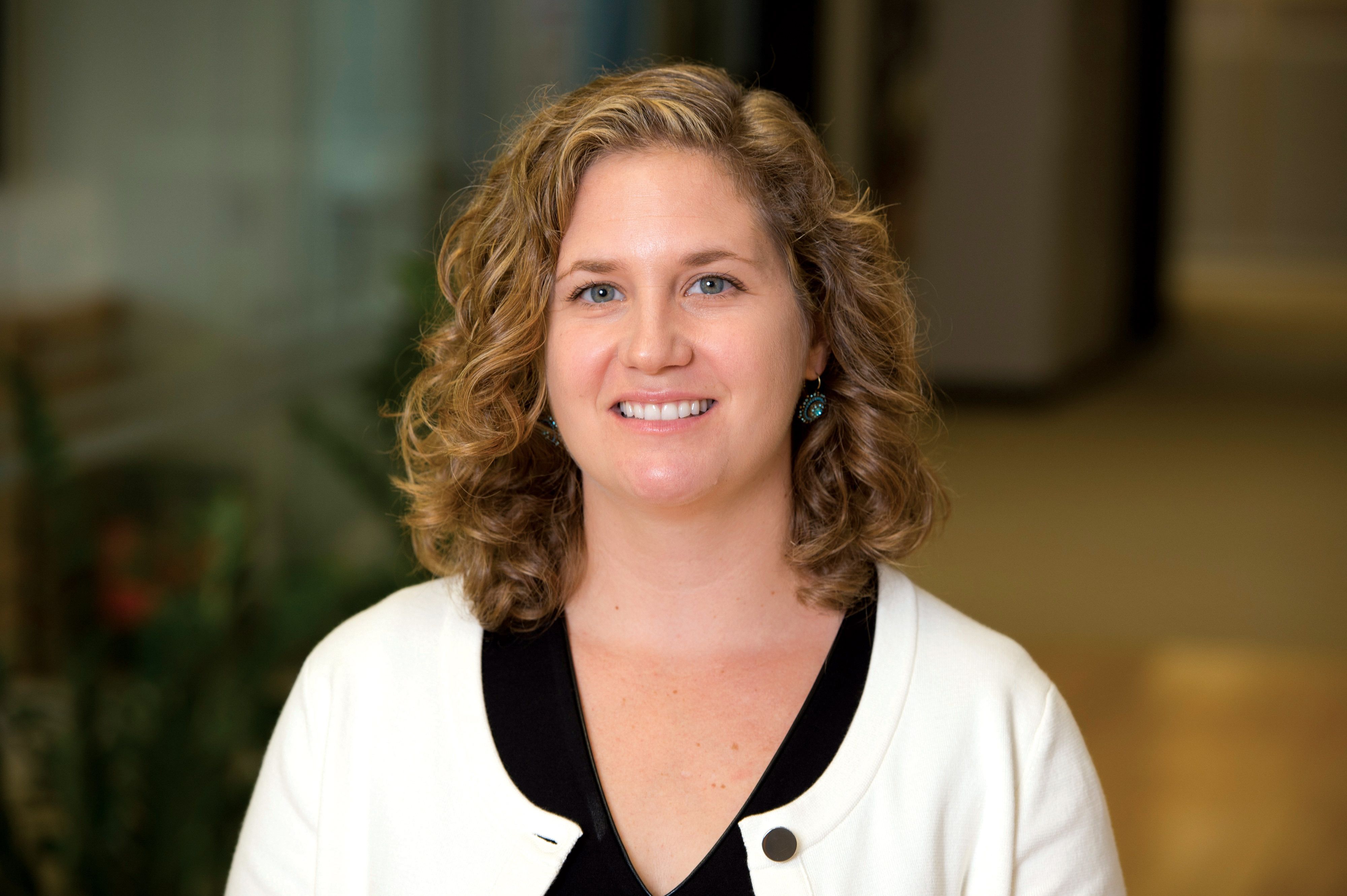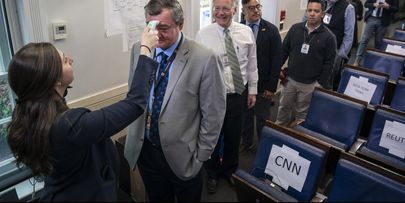An Outbreak Expert on Stopping the Next Supervirus
In the wake of COVID-19, a top epidemiologist explains what America needs to do to be prepared for the future.


The summer before COVID-19 ravaged the world, infecting millions across the globe and catapulting the U.S. into a nearly nationwide shutdown, epidemiologist Jennifer Nuzzo led a team tasked with answering a hypothetical, eerily portentous question: What would happen if there was a global outbreak of a high-impact respiratory pathogen?
The report was commissioned by the Global Preparedness Monitoring Board, an independent advocacy group co-convened by the World Health Organization and the World Bank Group, which examines the state of the world’s readiness for pandemics. It came out in September 2019—four months before the first identified cases of the novel coronavirus in Wuhan, China. The findings: If a new virus emerged, it would spread faster than we could contain it. According to the report, we weren’t prepared.

Dr. Jennifer Nuzzo says social distancing wouldn’t have been inevitable if the U.S. had initially responded aggressively.
That doesn’t mean that in the future, we can’t be. In fact, our global health—and life as we know it—depends on it. As a senior scholar at the Johns Hopkins Center for Health Security and the head of Outbreak Observatory, an independent research project focused on infectious-disease response, Nuzzo is responsible for assessing our ability to fend off outbreaks and providing recommendations. She’s also the cocreator of the Global Health Security Index, a system that scores 195 countries on their ability to handle a pandemic. Going into the novel-coronavirus outbreak, the U.S. had the top score on the index; President Trump even waved the report on camera at an early COVID-19 press briefing. “What the report actually said,” according to Nuzzo, “was that no country is prepared. Yes, the U.S. had the highest score, but a deficiency in any area could be what breaks its response.”
The key to beating COVID-19 if it intensifies in the fall is a borderline fanatical level of readiness.
The governmental missteps—and there were many—should serve as teachable moments for the administration. Swift action is crucial: Nuzzo says social distancing in the U.S. wouldn’t have been inevitable if we had initially responded aggressively, isolating cases and tracing contacts. The country has a national stockpile of medical equipment such as masks, but, Nuzzo says, it was not adequately replenished after the 2009 swine-flu outbreak. There’s no dedicated White House unit devoted to infectious diseases—Trump effectively disbanded the group in 2018—and putting one back in place is paramount. We have “utterly ill-equipped surveillance systems,” meaning there is not an accurate, secure, and centralized way of tracking the spread of disease. (She advises using technologies such as Bluetooth-enabled apps to follow cases.) The key to beating COVID-19 if it intensifies in the fall—which, she attests with “near certainty,” it will—is a borderline fanatical level of readiness, along with an overhaul of our strained public-health system.
That takes political will—and investment. At peak preparedness, which Nuzzo says was in the mid-aughts, the government spent close to $7 billion funding readiness and response for public-health emergencies and disasters. Budgeting for that purpose has since declined. Over a decade later, the U.S. is rushing in with a $2 trillion stimulus package to prop up our ailing economy. “Health systems are clearly under pressure to reduce costs, and that means trimming until they’re as lean as can be,” says Nuzzo. “But a lean organization is not necessarily a resilient [one]. We have to rethink equipping our health systems for the 21st century and the fact that we are possibly living in the age of pandemics.” If the government doesn’t mobilize, the onus is on us to demand change via votes and writing letters.
As for the U.S.’s reigning index score? With current events as is, “we’re losing a few points,” says Nuzzo. Hopefully, we’ll get them back.
This article originally appeared in the Summer 2020 issue of Marie Claire.
Get exclusive access to fashion and beauty trends, hot-off-the-press celebrity news, and more.
Related Stories


Megan DiTrolio is the editor of features and special projects at Marie Claire, where she oversees all career coverage and writes and edits stories on women’s issues, politics, cultural trends, and more. In addition to editing feature stories, she programs Marie Claire’s annual Power Trip conference and Marie Claire’s Getting Down To Business Instagram Live franchise.
